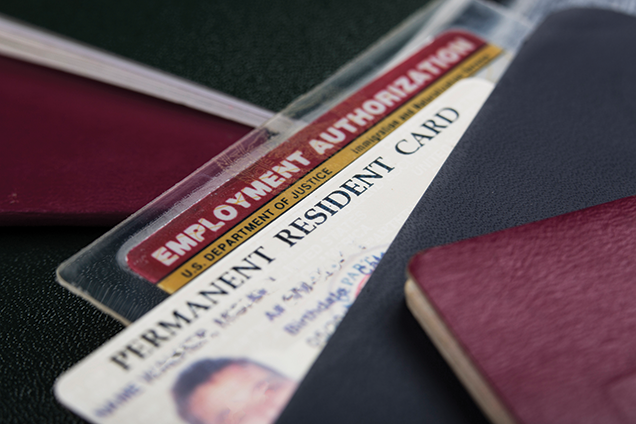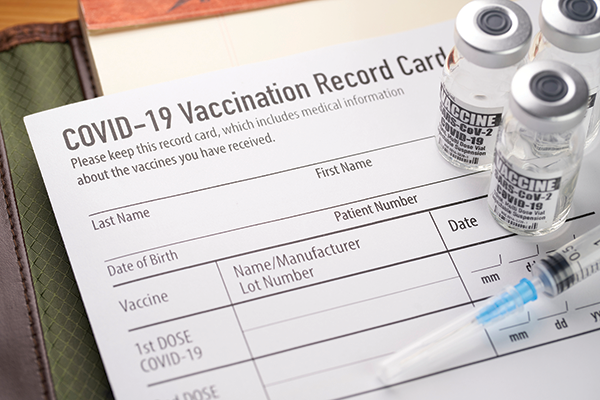22,000 additional H2B visas now available

|
On April 20, the Department of Homeland Security announced it is providing an additional 22,000 visas for the H-2B Temporary Non-Agricultural Worker program for the second half of fiscal year 2021 (April 1-Sept. 30). The visas were made available via a temporary final rule.
Of the additional visas, 6,000 were reserved for individuals from El Salvador, Guatemala and Honduras. In addition, the rule allows employers to immediately hire H-2B workers who already are in the U.S. without waiting for approval of a new petition.
In December 2020, Congress included an amendment in appropriations legislation that provided DHS with the authority to issue additional H-2B visas beyond the existing statutory cap of 33,000 visas in the second half of fiscal year 2021 if warranted by demand.
Employers seeking H-2B workers must first search the U.S. labor market for workers before certifying in their petitions that there are not enough workers who are able, willing and qualified to do the temporary work and that employing H-2B workers will not adversely affect the wages and working conditions of similarly employed U.S. workers.
The DHS action comes in response to recent requests from NRCA and many employers urging the agency to provide additional visas to help address ongoing workforce shortages in the roofing industry and other industries. On April 1, NRCA CEO Reid Ribble sent a letter to Secretary of Homeland Security Alejandro Mayorkas, urging him to move expeditiously to provide more visas to meet workforce demands. Additional information is available at dhs.gov.
Executive Order raises minimum wage for federal contractors
On April 27, President Biden signed an Executive Order raising the minimum wage for federal contractors to $15 an hour by March 2022. Currently, the federal contracting minimum wage is $10.95 an hour (since 2015), and the regular statutory federal minimum wage is $7.25 an hour (since 2009).
Federal agencies will incorporate these wages into their contract solicitations by Jan. 30, 2022, and implement them no later than March 30, 2022. The changes apply to existing and multiyear contractors when their contracts are renewed annually, so some workers will not see the change until later in 2022.
OSHA releases FAQ regarding COVID19 vaccination requirements

|
The Occupational Safety and Health Administration has released three new FAQ for employers that recommend or require employees receive COVID-19 vaccines.
The new guidance highlights additional considerations when requiring employee vaccinations.
If an employer requires employees to be vaccinated, OSHA considers adverse reactions to the vaccines as “work-related.” Employers that require COVID-19 vaccines must notify OSHA within 24 hours of an employee’s inpatient hospitalization (or within eight hours of an employee’s death) resulting from an adverse reaction.
For employers subject to OSHA’s recordkeeping requirements, if the adverse reaction meets other general recording criteria—such as days away from work—the reaction must be recorded on the employer’s OSHA 300 log, even if it does not lead to hospitalization. For example, if an employee uses a sick day because of a fever and chills following administration of the vaccine, the reaction must be recorded. However, if an employee only requires over-the-counter medication to ease soreness at the injection site, the action does not need to be recorded.
Employers that recommend rather than require vaccination do not need to record adverse reactions or report hospitalizations resulting from those adverse reactions, even if the employer facilitates employees’ access to the vaccine.
The FAQ are available at osha.gov/coronavirus/faqs.



